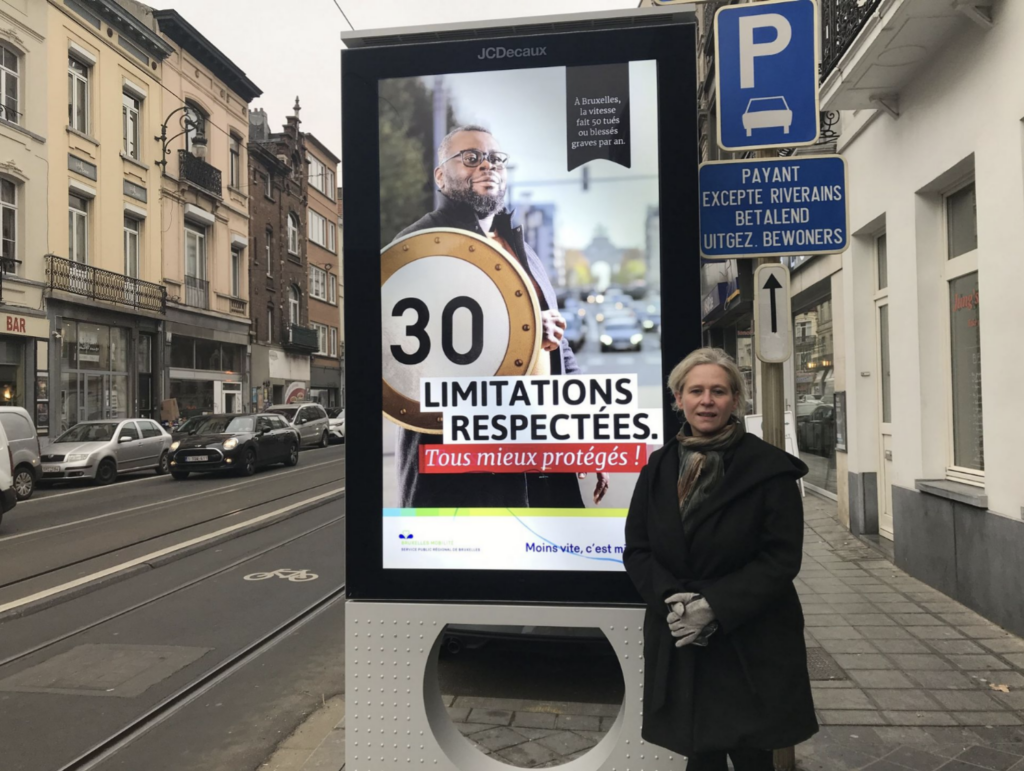Russia's invasion of Ukraine has driven energy prices up, leading businesses across Belgium to double down on efforts to limit their energy consumption. One highly visible – or, rather, invisible – way that many are trying to do this is by turning off their lights.
A recent report by RTFB examined a variety of Belgian businesses across Brussels and Liège, among them popular chains such as Delhaize, Colruyt, Carrefour and Ikea. It found that many are now dark after opening hours.
Yet this drive for energy saving is far from ubiquitous: Foot Locker (to give one notable example) is not attempting to limit energy consumption by turning off its lights after dark.
Advertising gets in on the act
Many companies have also attempted to cut down on energy expenditure by limiting outdoor digital advertising. Despite the potential blow to profits, these measures are unquestionably an effective way of saving energy. A typical advertising display consumes 2600 kilowatt hours per year – roughly the annual electricity consumption of a typical Belgian household.
But some advertising companies (including JCDecaux, the world's largest outdoor advertising agency) have questioned the utility of attempting to save energy in this way: "[The energy consumption of a single advertising display] is both a lot and not a lot," explains Jérôme Blanchevoye, Deputy General Manager JCDecaux Belgium.
"There are a lot of people watching these screens. You can have more than 40,000 people watching these screens over the course of a single day. If you relativise the power consumption to the number of people who see the message, it is extremely little."
Blanchevoye went on to claim that advertising displays are one of the most efficient advertising media.
Europe-wide response
Across the EU, many iconic buildings are switching off their illumination night. In the Czech Republic, floodlights at the iconic Prague Castle are turned off at 22:00 instead of midnight. In Romania, lights illuminating the vast Palace of the Parliament – the world's second-largest government building after the U.S. Pentagon – are similarly extinguished. Perhaps most noteworthy is the Eiffel Tower in Paris: it will now see lights dimmed one hour earlier.
Although they welcome such measures, environmental groups such as Greenpeace and Friends of the Earth have stressed that they should not be implemented at the expense of what are often far more effective methods of limiting energy consumption, including lowering central heating, using more public transport, and improving home insulation.
Related News
- European grid operators: Belgium should not fear power outages this winter
- 'We have a deal': EU agrees on 'roadmap' to confront energy crisis
Energy consumption across the EU fell by 8.5% in 2020. This was largely down to the coronavirus pandemic. It fell by a more modest 0.6% last year.
According to the International Energy Agency, global energy demand is slowing: total demand increased a mere 2.4% compared to last year, after plummeting significantly during the first year of the Covid-19 pandemic.

